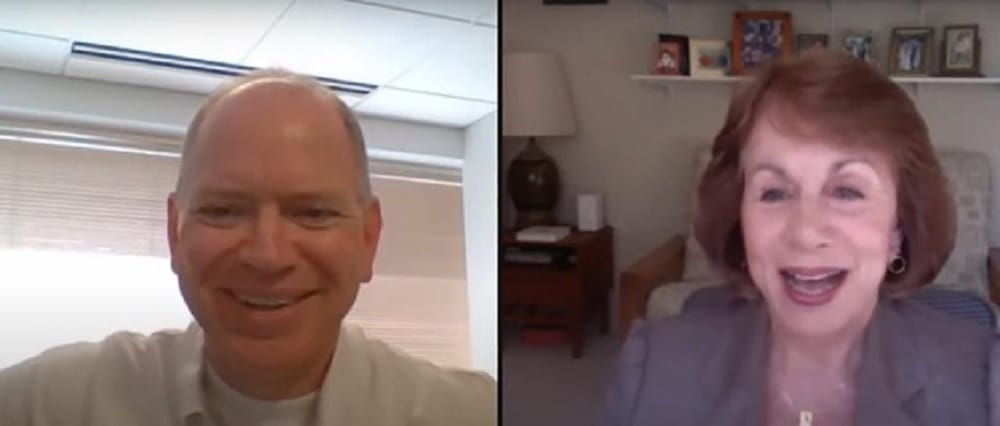From the View of the California Emerging Technology Fund, Presidential Leadership Needed on Broadband
October 16, 2020 – It would take the president of the United States saying, “we need to get everyone online” in order for the nation – and for California – to reach its digital inclusion goals. The was the message that Sunne Wright McPeak, president and CEO of the California Emerging Technology Fund

October 16, 2020 – It would take the president of the United States saying, “we need to get everyone online” in order for the nation – and for California – to reach its digital inclusion goals.
The was the message that Sunne Wright McPeak, president and CEO of the California Emerging Technology Fund, said during her Broadband Breakfast Live Online appearance in the “Champions of Broadband” series on September 30.
Additionally, the state is going to need continued subsidies, said McPeak, together with greater competition and more effective use of partnerships.
See also “California Wrestles With Efforts to Use Broadband for Distance Learning, Healthcare, and Digital Divide,” Broadband Breakfast, October 16, 2020
McPeak said that the greatest barriers to getting online have been cost, relevance and digital literacy.
To address the cost carrier, CETF has done researching the needs of individuals in low income housing and found that people will prioritize between $10 and $20 a month for broadband internet.
With this data, CETF has tries to partner with broadband corporations to created lower customer prices for low-income households. While there’s variability in what’s offered, McPeak acknowledged, “all of the large companies have an affordable offer except for Verizon.”
This technology can be transformative for low income households because they’re the ones with the least time and money, said McPeak.
“We used to talk about it as ‘bridging the digital divide,’ now we talk about ‘closing’ the digital divide,” said McPeak. In fact, McPeak claimed that COVID-19 has exposed not just a divide, but a “digital cliff.”
To close that divide, McPeak said it was key to view tech from the customers perspective and have a dynamic definition of broadband.
Turning the tables on interviewer Drew Clark, Editor and Publisher of Broadband Breakfast, McPeak asked for his advice on broadband policy. Clark suggested the need to adjust the definitions of broadband and measure broadband quality by multiplying the upstream speed by the downstream speed.
He also greater openness toward competition, including municipalities seeking to be involved in owning or facilitating infrastructure construction. He also proposed the importance of transferrable tax credits for infrastructure deployment in a future tax reform legislation.
See “Champions of Broadband: Sunne Wright McPeak“, Broadband Breakfast, September 30, 2020










